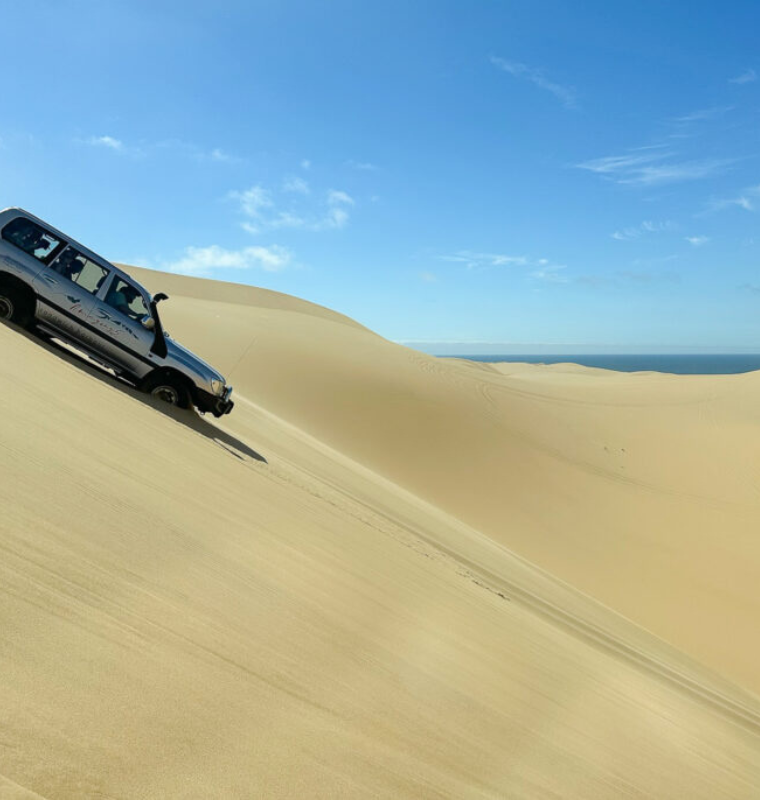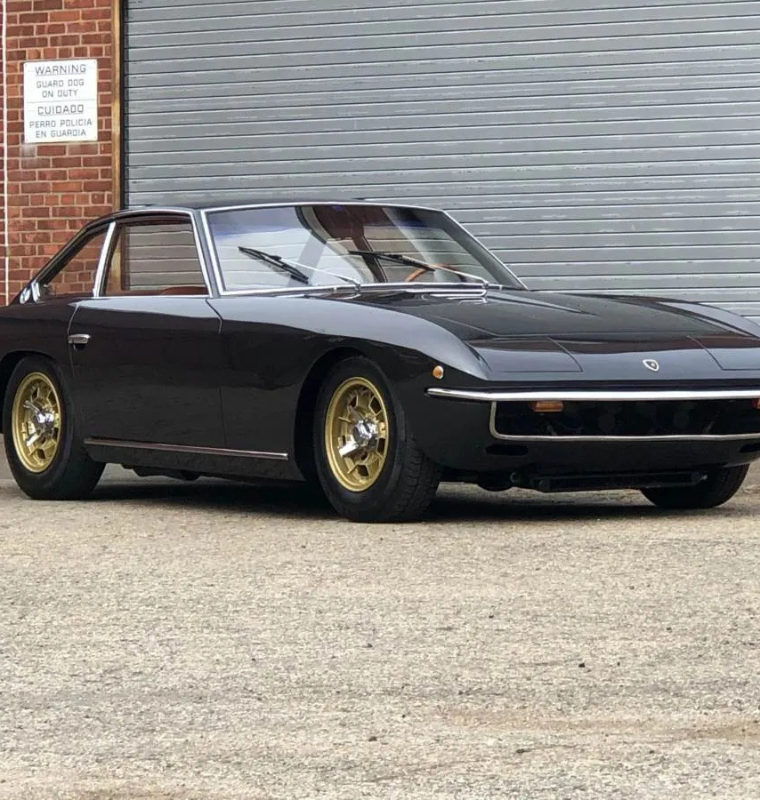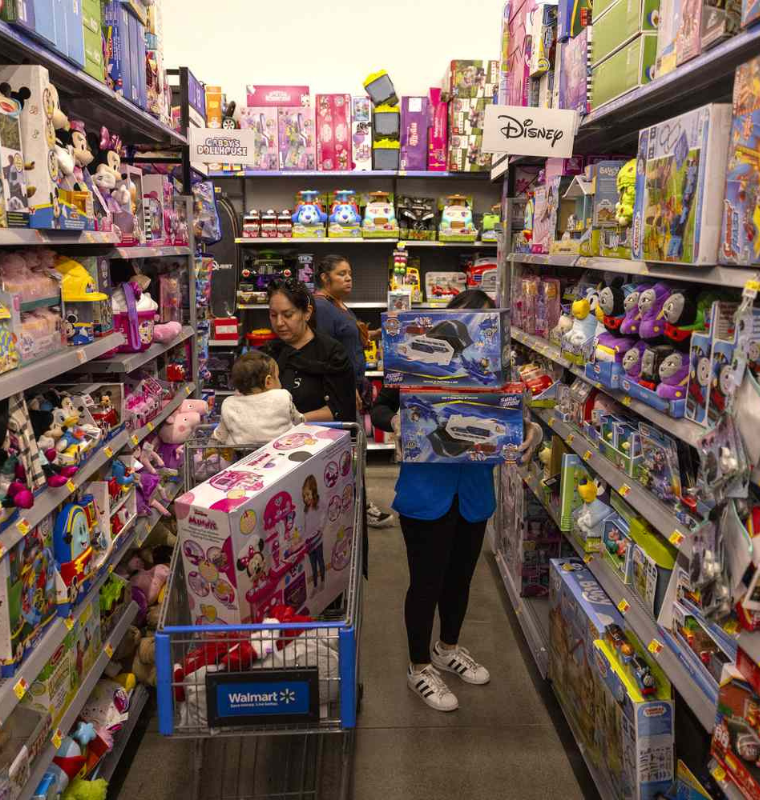Russia Builds Its Own Global Stage After Isolation From the West
Russia Builds Its Own Global Stage After Isolation From the West
By
Junia Wells
Last updated:
November 3, 2025
First Published:
November 3, 2025

After its 2022 invasion of Ukraine, Russia was swiftly cut off from global cultural and sporting life — barred from the Olympic Games, the Eurovision Song Contest, and dozens of international competitions. Now, the Kremlin is building what many are calling a “parallel world,” an alternative stage meant to showcase Russian influence, resilience, and soft power in the face of Western sanctions and exclusion.
The Birth of a “Parallel World”
Banned from events it once dominated, Moscow began crafting domestic versions of Western-led spectacles. The government framed this cultural isolation as an act of “Russophobia,” arguing that it was being unfairly targeted by Western elites. President Vladimir Putin’s administration quickly moved to transform the situation into an opportunity — positioning Russia as a nation capable of standing alone.
From 2022 to 2024, several state-backed projects were launched to fill the void left by Western rejections. Among them were plans for the World Friendship Games, envisioned as an international competition celebrating sportsmanship beyond politics. Modeled after the Olympics, it was slated to host athletes from more than 50 nations. However, the event was postponed indefinitely in late 2024 after the International Olympic Committee condemned it as a “political stunt” and urged athletes to boycott.
Reviving Soviet-Era Pride
The Kremlin’s cultural pivot didn’t stop with sports. In 2023, Russia revived the Intervision Song Contest, a Soviet-era alternative to Eurovision. The rebooted event featured participants from 23 countries — including Vietnam, Kazakhstan, and Serbia — before the United States withdrew its entrant days before the broadcast. Vietnam’s Duc Phuc ultimately took the top prize.
Analysts describe this as a carefully calculated move by Moscow to reconnect with nations outside the Western bloc while reawakening nostalgia among older Russians. Political analyst Anton Barbashin explained that many Russians see these new events as “better than nothing,” even if they don’t truly rival the originals. For many, the Intervision revival evoked memories of Soviet unity and cultural pride.
A Strategic Necessity
Experts believe Russia’s “import-substitution” strategy in culture and sports stems from both pride and necessity. Isolated from Western platforms, Russia has turned toward Asia, Africa, and Latin America — regions that have not imposed sweeping sanctions — to expand its diplomatic and cultural reach.
Tatiana Stanovaya, founder of the R. Politik analysis firm, noted that these initiatives are about more than entertainment: “They are designed to build new spaces where Russia can appear as a friendly yet influential power in a multipolar world.” Domestically, she added, these events generate valuable political capital for Putin’s government by projecting control and normalcy amid ongoing sanctions and economic strain.
Does Russia Still Want Back In?
Despite the state’s anti-Western rhetoric, most analysts agree that Russia would eagerly return to global cultural and sporting events if the geopolitical situation allowed. The 2018 FIFA World Cup, hosted in Russia, remains a high point in recent Russian history — a moment when the nation felt globally respected.
Barbashin emphasized that Russia’s cultural conversation “has always been with the West,” suggesting that re-entry into the global fold is not just desired but inevitable. However, as the war in Ukraine grinds on and Moscow demands Kyiv surrender occupied territories, any return remains distant.
A Mirror, Not a Replacement
For now, Russia’s “parallel world” functions as a mirror of what it lost — an imitation intended to restore a sense of prestige and belonging. While few outside Russia see these substitutes as genuine equals to their Western counterparts, within the country they serve a crucial purpose: reinforcing national pride, distracting from isolation, and offering a new narrative of Russian global relevance.
Whether these homegrown initiatives can evolve into true alternatives or remain symbolic expressions of defiance will depend on how long Moscow stays cut off from the international stage. But one thing is clear — Russia’s quest to build its own global order has only just begun.
Popular articles
Subscribe to unlock premium content
From Sand Dunes to Success How Namibia Transformed Desert Adventures Into a Multi-Million-Dollar Tourism Powerhouse

Luxury Tea Sets and the Allure of Status Unveiled

Why Classic Italian Lamborghinis Appreciate Faster Than Most Real Estate

From Sand Dunes to Success How Namibia Transformed Desert Adventures Into a Multi-Million-Dollar Tourism Powerhouse

Luxury Tea Sets and the Allure of Status Unveiled

From Sand Dunes to Success How Namibia Transformed Desert Adventures Into a Multi-Million-Dollar Tourism Powerhouse









